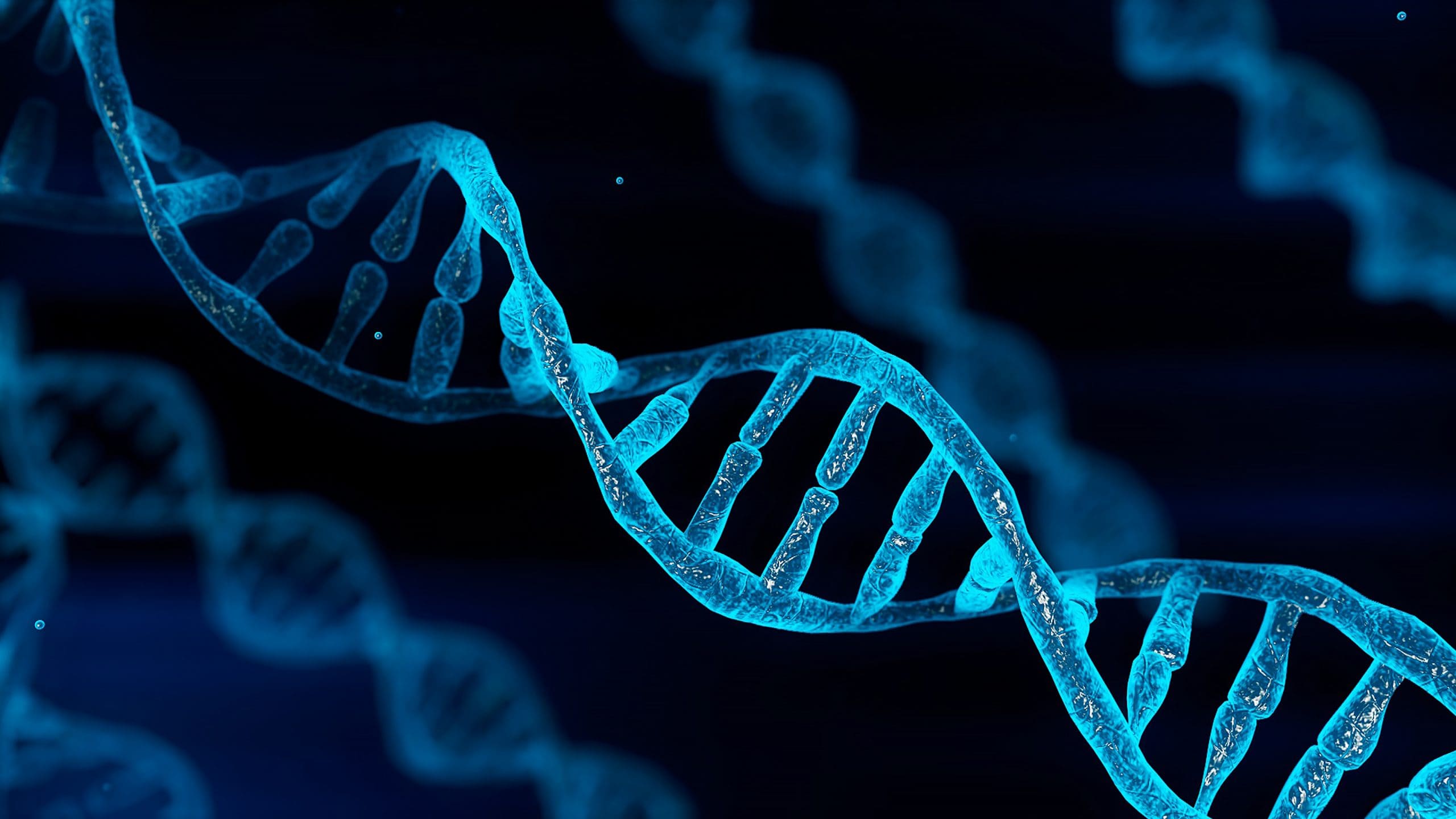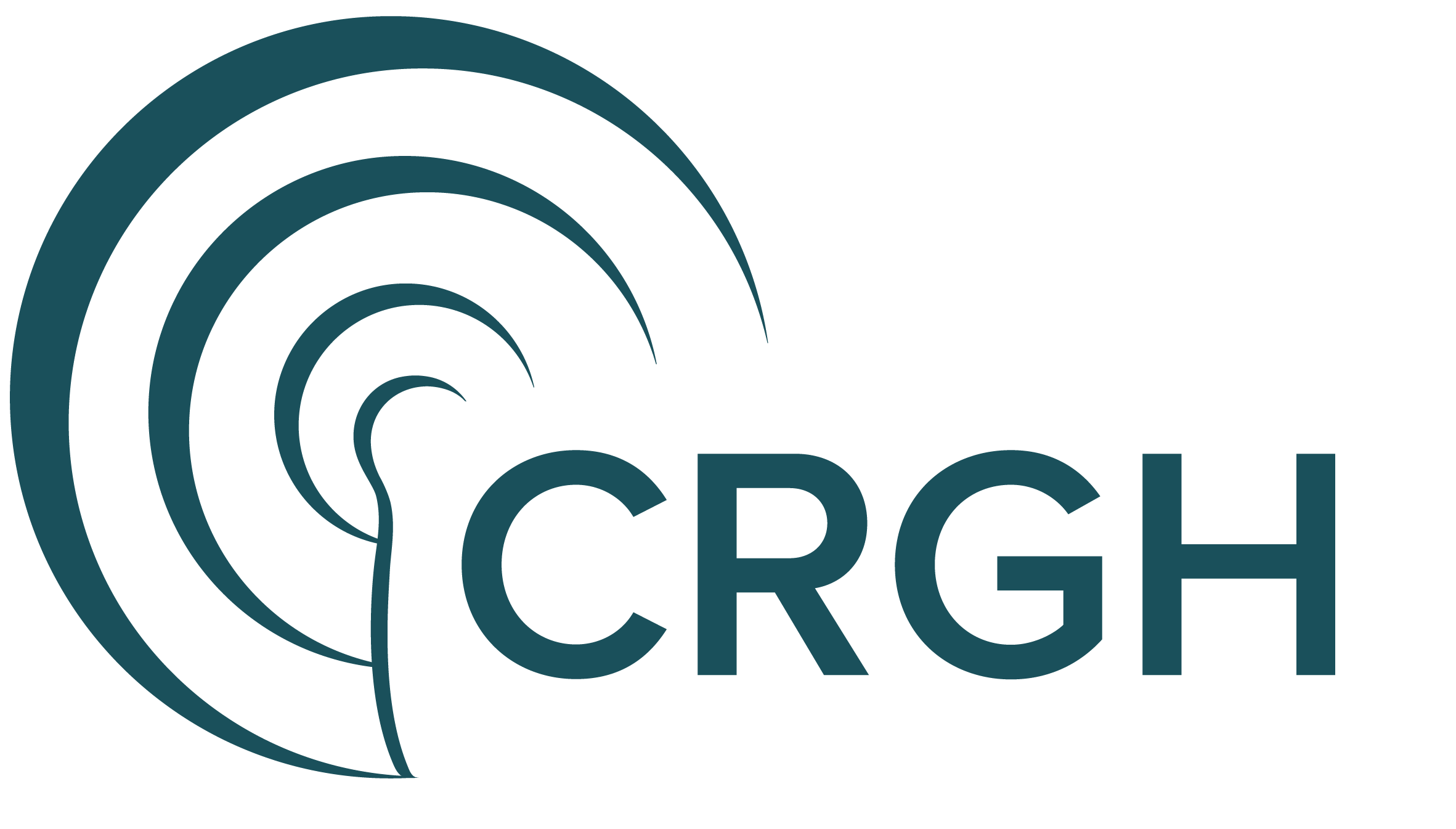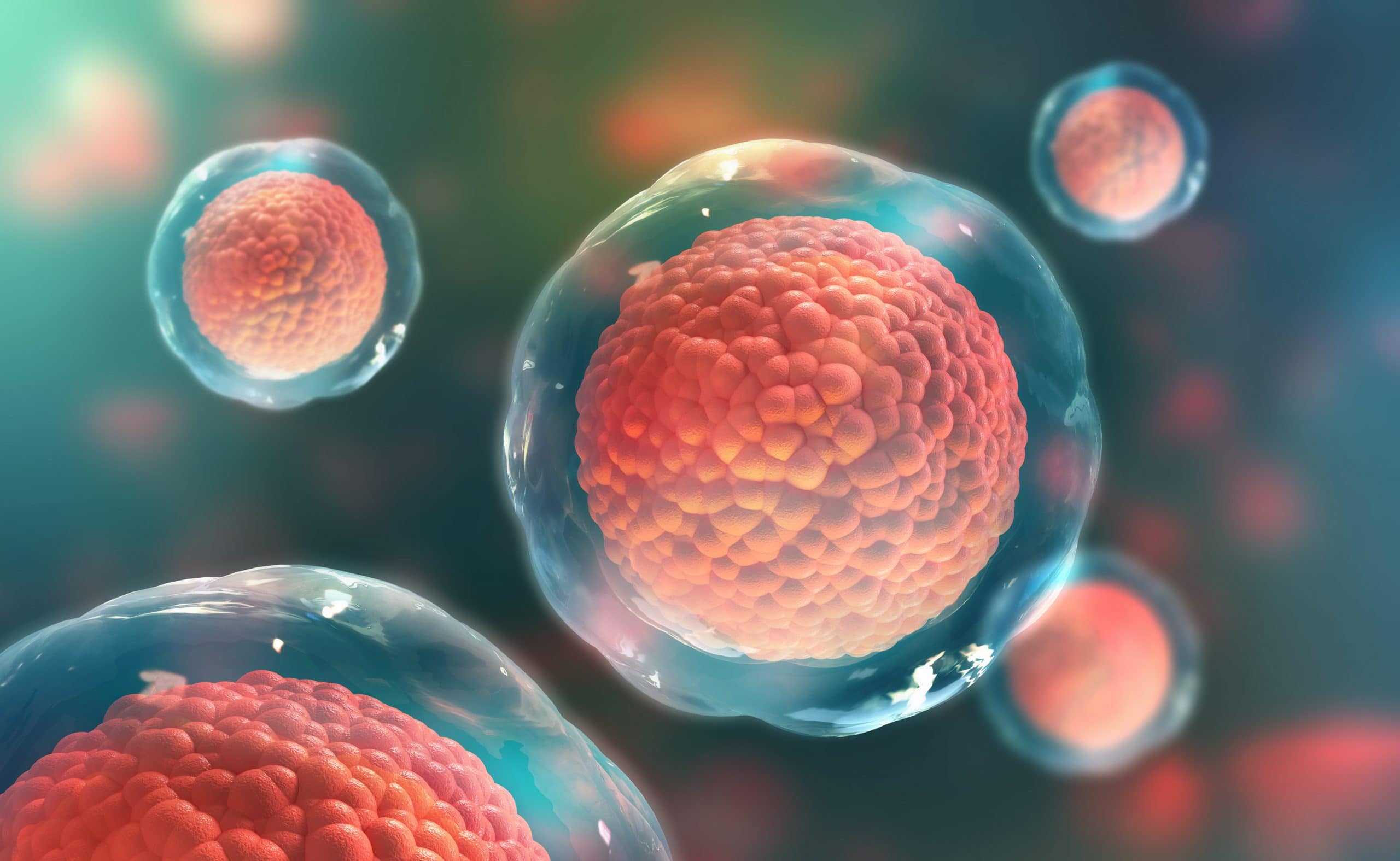What is a CarrierMatch™ Genetic Test?
We all have the odd spelling mistake (technically known as a ‘mutation’) in some of our genes. It’s a normal occurrence amongst the 20,000 genes that make us who we are.
With this in mind, we are healthy carriers of one or several genetic disorders that often never impact us because we have another working copy of the gene to compensate. However, when both partners are carriers of the same recessive condition, the chance of your child having that disorder is 25%.
Private Genetic Testing in London
At CRGH, we offer the CarrierMatch™ service for 500 common and severe genetic disorders to detect carriers and, more importantly, ‘carrier couples’ for these conditions.
A carrier couple is one in which both partners carry the same gene mutation. This information means carrier couples can access tests for certain genetic disorders before pregnancy and make more informed decisions about fertility treatments to help them avoid the tragedy of a child being diagnosed with a life-limiting genetic disorder, before it even occurs.
If you like to learn more about genetic disorders and private genetic testing, please read our introduction to genetics guide or get in touch.

How Do We Test For Genetic Disorders Before Pregnancy?
How Does the CarrierMatch™ Test Work?
Before undergoing genetic testing, you will have a consultation with our specialist Genetic Counsellor. Together, you will review your family history and the details of the genetic test.
Following this, we will perform a simple blood test to give us a sample of your DNA for the CarrierMatch™ Test.
After four weeks, you will receive your results via email, including a copy of the lab report and an explanation of the results’ implications. This would be communicated in straightforward, layman’s terms.
If you would like to discuss your results further, you are welcome to arrange a follow-up genetic counselling appointment with us.
Book a consultationWho Should Consider the CarrierMatch™ Test?
Genetic testing for developmental disorders may be considered by anyone who intends to start a family, whether by natural conception or fertility treatments, and wants to enhance the likelihood of having a healthy baby.
What are the Limitations of the CarrierMatch™ Test?
- The CarrierMatch™ test does not fully sequence all of your genes – only the 500 on our panel. Therefore, there is still a risk that you could carry another rare gene that is not on the panel.
- There is a small risk that a person could carry a mutation in one of the 500 genes that the test method cannot detect.
- The test does not look for genes that cause ‘dominant’ genetic disorders.
Book a Consultation
If you are interested in private genetic testing with CRGH, please request a consultation with one of our experts. Our genetic counselling and fertility consultants can help you to understand if a CarrierMatch™ test is the best step to take. In this initial consultation, we will answer any questions you may have about genetic testing for developmental disorders and how it works at CRGH.

